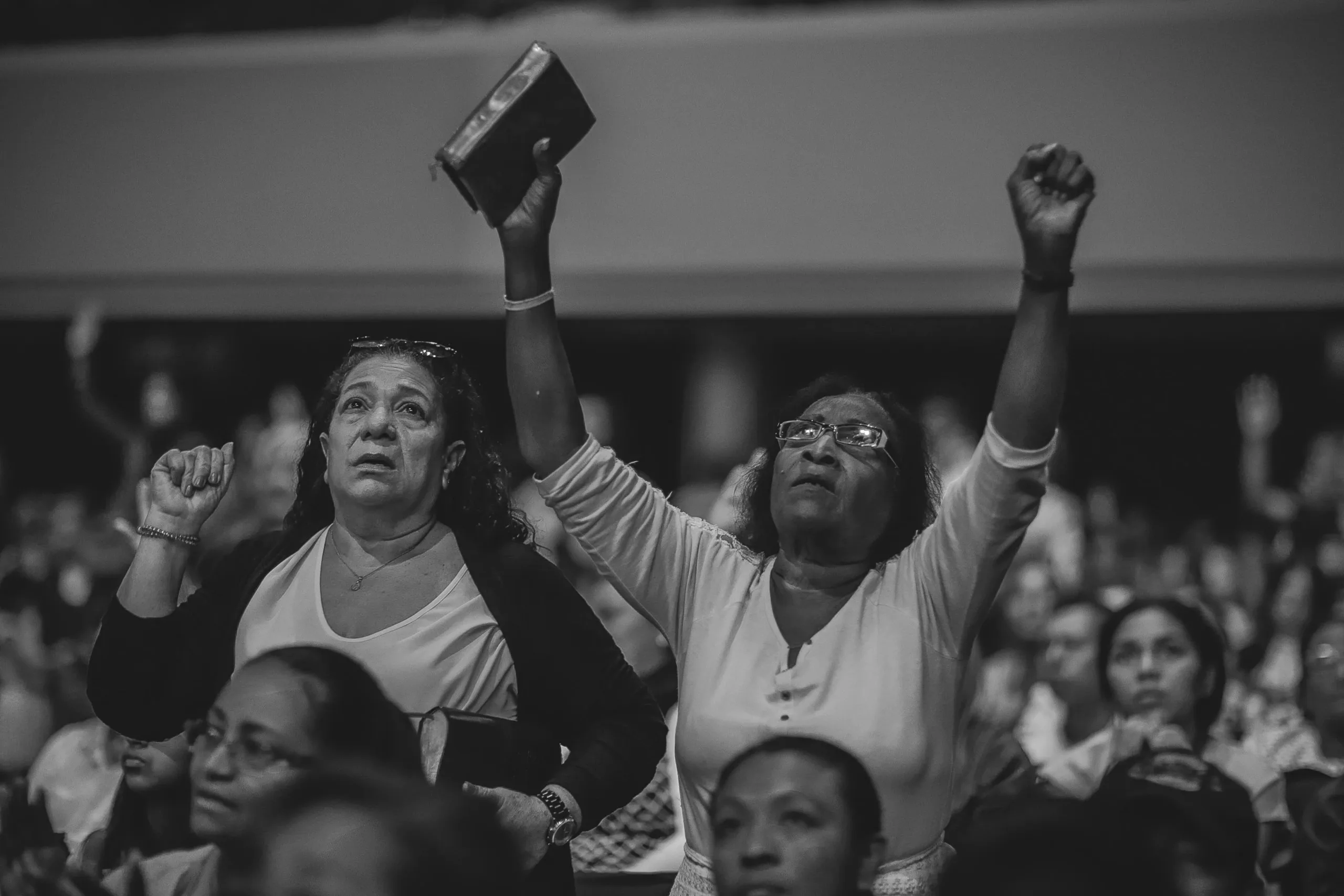When it comes to nonprofit organizations, the question often arises: are churches 501c3? Many assume that all churches automatically qualify, but the rules are more nuanced than they appear. Understanding this tax status is critical for pastors, church leaders, and anyone involved in faith-based organizations.
At Simplicity Financial, we work with nonprofits and churches across the country, helping them navigate bookkeeping, tax preparation, and IRS compliance. If you’ve ever wondered are churches a 501c3, this guide will walk you through what you need to know.
👉 Contact our team today if you want professional CPA support tailored to your church’s needs.
What Does 501c3 Status Mean for Churches?
Before answering “are churches 501c3 organizations,” it’s important to define what 501(c)(3) actually is. According to Investopedia, a 501(c)(3) is a type of nonprofit recognized by the IRS as tax-exempt. This includes charities, educational groups, and yes—religious institutions.
Key benefits include:
- Exemption from federal income tax.
- Eligibility for tax-deductible donations.
- Access to grants and other funding opportunities.
For churches, this status is valuable because it reassures donors that their contributions are deductible while protecting the church itself from paying federal income tax.
Are Churches 501c3 Automatically?

This is one of the most common questions. Many leaders ask, are all churches 501c3 by default? The answer is partly yes.
Under U.S. law, churches are considered tax-exempt as long as they meet certain IRS requirements. Unlike other nonprofits, churches are not required to file for formal 501(c)(3) recognition to be exempt. However, many still apply for official recognition to provide documentation for donors, banks, and grant-making organizations.
The IRS explains this further in Publication 1828, which outlines how churches qualify and what they must do to remain compliant.
Why Churches Still File for 501(c)(3) Recognition
Even though churches are 501c3 by default in terms of exemption, applying for an official determination letter provides important benefits:
- Proof for donors: Many individuals and corporations prefer written IRS confirmation before donating.
- Access to grants: Most grantors require 501(c)(3) documentation.
- Banking & financing: Lenders often ask for IRS recognition before extending credit.
That’s why many churches still file Form 1023—to formalize what the law already grants.
Compliance Responsibilities for Churches

The question are churches 501c3 organizations isn’t just about exemption—it’s also about what responsibilities come with it.
To maintain tax-exempt status, churches must avoid:
- Endorsing or opposing political candidates.
- Using funds for private benefit.
- Generating unrelated business income without reporting it.
Maintaining compliance requires careful financial management. Many churches rely on professional church bookkeeping services to ensure their records meet IRS standards.
Property Taxes and Churches
Another common question tied to tax exemption is: do churches pay property taxes?
We’ve addressed this in detail here: Do Churches Pay Property Taxes?. In short, while federal income tax exemption is automatic under 501(c)(3), property tax exemption depends on state and local laws. Some states exempt churches entirely, while others apply restrictions based on how the property is used.
This makes it even more important for church leaders to understand both federal and local requirements.
How CPAs Help Churches Stay Compliant

So, are churches a 501c3? Yes, but compliance isn’t automatic forever. That’s where financial professionals step in.
- Tax Preparation: Outsourced tax services ensure filings are accurate.
- Bookkeeping: Outsourced bookkeeping helps track donations, payroll, and expenses.
- Clergy Tax Expertise: Ministers face unique rules, such as housing allowances. Our clergy tax accountant service makes sure pastors remain compliant.
- Budget Planning: Churches often operate on tight budgets. Our budget format for nonprofit organizations resource can help create financial clarity.
- Strategic Oversight: Larger congregations may benefit from a fractional CFO to manage growth, expansion, and compliance.
By integrating these services, churches can confidently maintain their tax-exempt status.
Are Churches 501c3 vs. Other Nonprofits
Some leaders ask about the differences between churches and other nonprofits. For example, 501(c)(4) organizations are social welfare groups. While they enjoy some tax advantages, donations to them are not deductible.
For a detailed breakdown, read our guide: 501c3 vs 501c4.
This distinction matters for donors and members who want assurance that their giving will be tax-deductible.
Budgeting and Transparency for Churches

Even if churches are 501c3 organizations, managing finances responsibly is essential. Transparency builds trust with congregants and avoids red flags with the IRS.
Using structured accounting methods, such as those outlined in our nonprofit budget format, ensures funds are allocated properly. Churches that fail to budget effectively often face cash flow issues, leaving them vulnerable to compliance problems.
Why This Matters for Donors
Understanding whether churches are 501c3 isn’t just for leaders—it also impacts donors.
- Contributions to qualified churches are deductible.
- Donors should verify the church’s status if they plan significant giving.
- Written receipts are recommended for all donations over $250.
This mutual accountability protects both sides and reinforces the importance of proper tax recognition.
Moving Forward With Confidence

So, are all churches 501c3? In practice, yes—if they meet the IRS definition of a church. But gaining formal recognition is often worth the effort, providing credibility and access to broader funding opportunities.
At Simplicity Financial, we specialize in helping churches maintain their tax-exempt status through expert bookkeeping, clergy tax guidance, and long-term planning.
👉 Ready to simplify your church finances? Contact us today and let our CPAs support your mission.
Frequently Asked Questions About Are Churches 501c3
Are churches a 501c3 automatically?
Yes. Churches are automatically considered tax-exempt under federal law as long as they meet IRS requirements. However, many still apply for an official determination letter for added credibility.
Are all churches 501c3 organizations by default?
Not exactly. While most churches qualify, the IRS requires them to operate exclusively for religious purposes and follow compliance rules. Churches that don’t meet these standards risk losing exemption.
What’s the difference between churches and other 501c3 nonprofits?
Churches are treated more leniently when it comes to applying for recognition. Other nonprofits, such as charities or schools, must formally apply with the IRS. For more details, see our 501c3 vs 501c4 guide.
Do churches pay property taxes if they are a 501c3?
Property tax rules depend on state and local laws. Federal exemption does not automatically eliminate property taxes. Learn more in our article: Do Churches Pay Property Taxes?.
How can churches stay compliant with 501c3 rules?
The best way is to use proper accounting systems, maintain transparency, and work with professionals. Our church bookkeeping services and clergy tax accountant support ensure compliance with IRS standards. For in-depth guidance, you can always reach out to Simplicity Financial.
Disclaimer
This article is for informational purposes only and should not be considered legal, tax, or accounting advice. Please consult a qualified tax professional or attorney for guidance specific to your situation.






